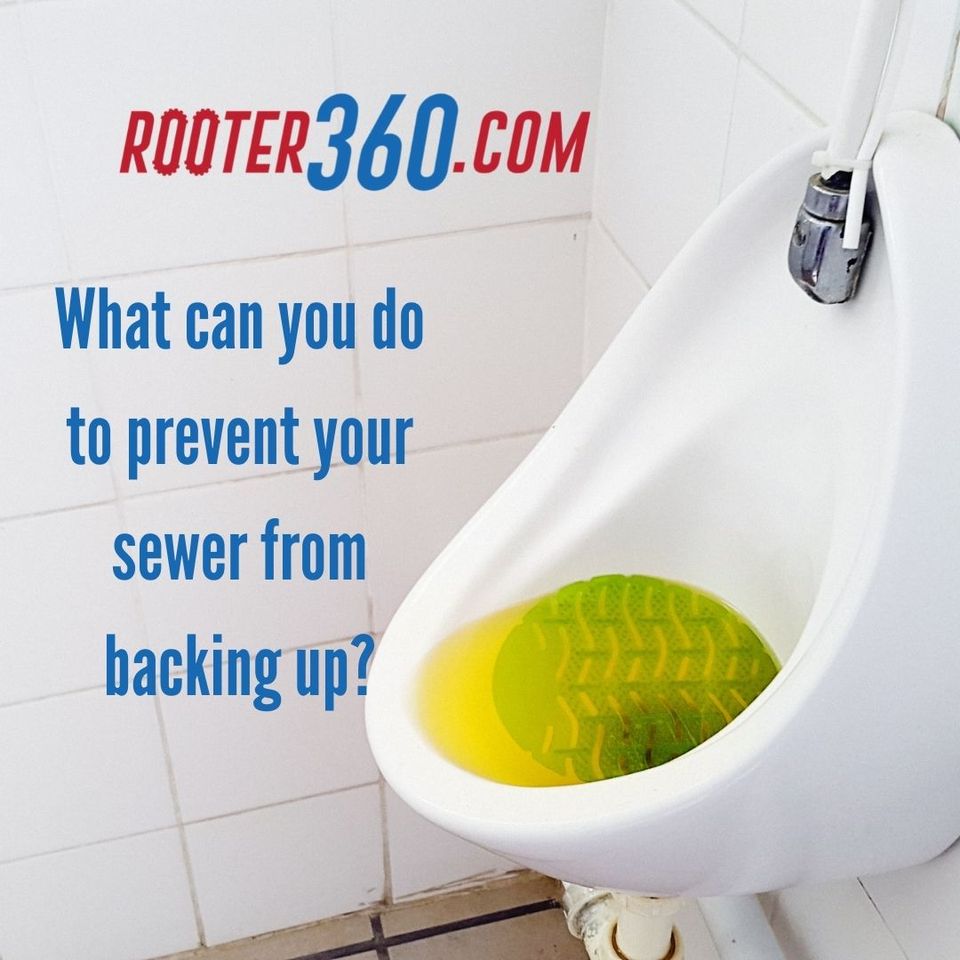Can you prevent your sewer from backing up?
What could be worse than finding out your sewer backup into your home? It is a horrible disaster when it happens, but luckily it is entirely preventable. Therefore, we have put this article together for you, so you know the signs to look for.
Are your drains slowing down, or has some water started backing up into a shower or tub? If so, you should be concerned. A sewage backup might be lurking in your near future. Noticing these small details can help you to prevent a full-blown disaster. Keep reading to know what else to look for, see what options you have, and know what to expect.
What are the signs of a sewer backup?
- A persistent odor in your home – A persistent sewage smell that won’t go away, even after using air fresheners, can signify that your sewage is not draining correctly and is on the verge of coming back into your home.
- Toilets backing up without cause – Another sign is when your bathrooms begin to backup or overflow with no apparent reason. It isn’t uncommon for a toilet to back up, but if it’s a regular thing, then you might have a problem.
- Slow drainage – Most of the drains throughout your home beginning to drain slowly is a common sign of an impending sewage backup.
- Wet/Green spots in your yard – Puddles or unusually green and healthy spots of grass growing in your yard can be an indication of a broken sewage line.
- Fixtures are affecting other drains – If water is backing up into your shower or tub when you use other institutions, this could mean your sewage is backing up. Usually, your shower or tub is the lowest opening to your drain system, and the first place the backup will occur.
What can you do?
There are a few things that you can do to help prevent future sewer backups.
- Don’t use chemicals – Chemicals are highly corrosive and can further break down your pipes and cause even more issues. It’s mainly if you use them regularly or if it sits in your pipes at a clog that it can’t clear.
- Grease – Properly dispose of your kitchen grease, do not pour it down your drain.
- Proper Flushing – Do not flush anything down the drain besides appropriate paper products.
- Illegal drain connections – Gutters, French drains, and sump pumps cannot be hooked up to your drain. The sediment and excess water can cause sewage backups.
- Backflow valve – Having a backflow preventer valve will help to keep a sewage backup from entering your home.
- Plastic Pipe – Have a professional plumbing company replace your old iron, steel, or clay sewage pipe with a new plastic pipe.
What to do if it is an emergency?
If the sewage backup has already happened, you need to start taking safety precautions immediately. First off, you need to evacuate everyone from the immediate vicinity. It is hazardous to breathe in the chemicals from raw sewage. Open all the windows that you can throughout your home to let the odor evacuate. Seal the affected area off if possible. Shut a door to the site or put up some plastic to keep the smell and bacteria contained in one place.
Read more:
Is a clogged drain an emergency?
Call a professional plumber
If you begin to see the signs of sewage back up or your sewer has already backed up, you need to call a professional plumbing company. Sewage backups can be hazardous to you and your family, especially those with poor health conditions.
Most of the time, after a sewage backup, a professional plumber will have to resolve the issue that caused it. Instead of risking your health and wellness, contact a professional. Rooter360 is a professional specializing.


